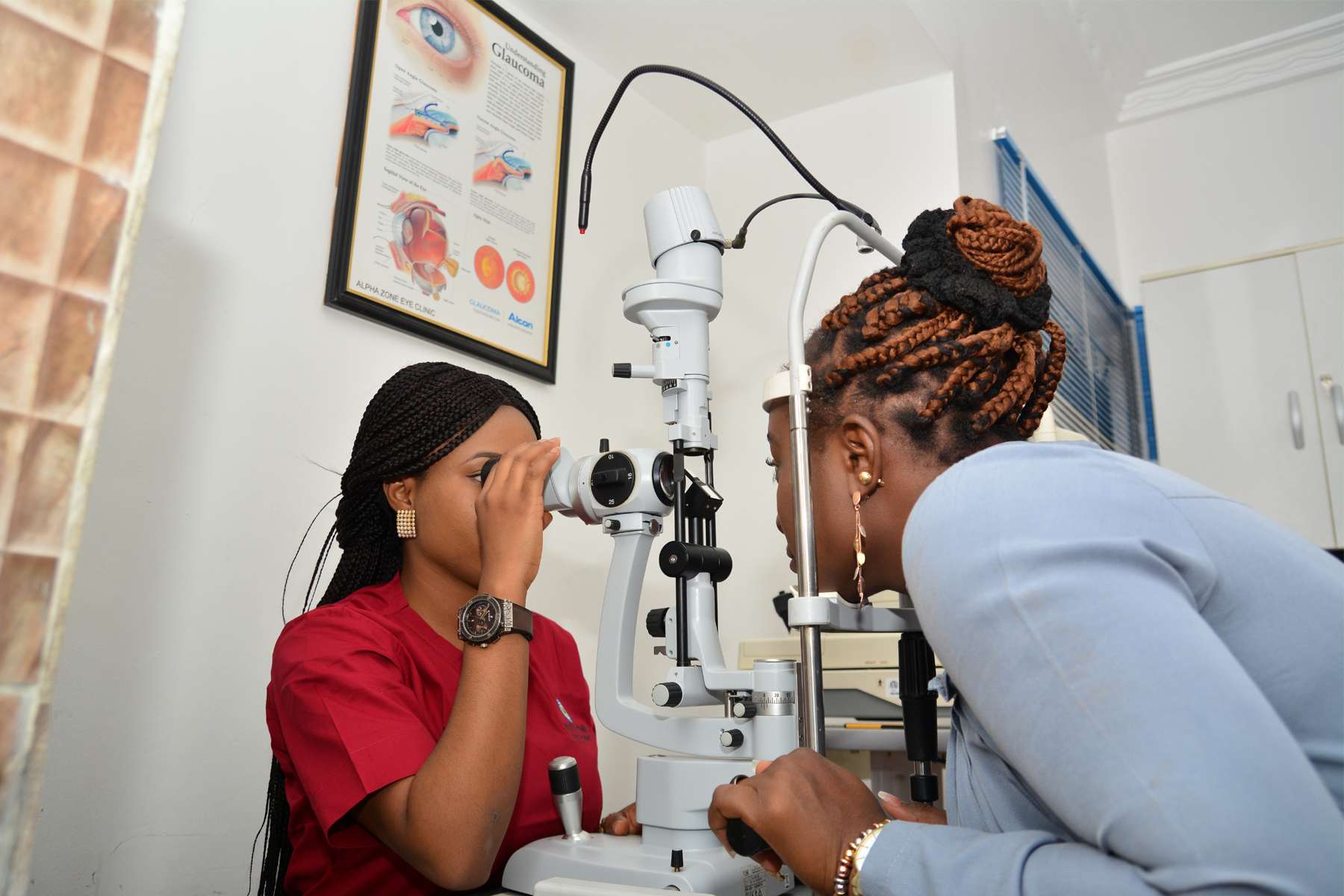
10 Smart Ways To Help Keep Your Eyes Healthy
How much we care for our eyes every day matters a lot, Just think about how much your eyes work from the moment you wake up until you close your eyes at bedtime. That’s why taking care of our eyes is very important.
You may wonder, how do you take care of your eyes, taking care of your eyes might seem pointless if you don’t have any vision problems, adopting a few easy habits will not only preserve your vision but will also decrease your odds of developing eye problems in the future. In this article, we have carefully, written how to take good care of your eyes.
1. Eat a balanced diet.
It’s important to eat a variety of foods for eye health. Eating assorted fruits and vegetables, especially deep yellow and green leafy vegetables, provide vitamins essential for good eye health. And fish high in Omega 3 fatty acids, like tuna, salmon, and halibut, supply key eye vitamins, and nutrients.
2. Get regular exercise.
Exercising regularly can help prevent conditions like diabetes, high blood pressure, and high cholesterol, all of which can lead to chronic eye problems that can damage your vision.
3. Wear sunglasses that block UVA and UVB light.
Exposure to sunlight can damage your eyesight and increase your risk of developing cataracts, age-related macular degeneration, inflammation of the cornea (keratitis) or corneal growths, such as pterygia and pingeculae.
4. Limit your exposure to digital screens.
Most folks spend hours using digital devices like cell phones, tablets and laptops every day. These devices emit high energy blue light waves that can damage your eyes over time. Taking lutein and zeaxanthin supplements can help your eyes filter blue light. Also, keeping your computer screen 20 to 24 inches away from your eyes and adjusting lighting to minimize glare will help. Because we blink less when looking at screens, it’s important to make a conscious effort to blink often. Lastly, rest your eyes by taking a break every 20 minutes and focusing on an object 20 feet away for 20 seconds.
5. Wash your hands before touching your eyes.
This is important for everyone, but especially for contact lens wearers. Before touching your eyes, you should wash your hands with mild soap and dry them with a lint-free towel. This is because germs and bacteria inserted in your eyes by your fingers can cause eye infections like pink eye and can even introduce cold and flu viruses into your body.
6. Remove your contacts before showering, swimming or wetting your face.
While most contact lens wearers know that they shouldn’t sleep with contacts, many don’t know that they shouldn’t get their lenses wet. That’s because your contacts act like a sponge that absorbs bacteria and parasites that may be in pools, lakes or shower water which can cause eye irritation and even severe sight-threatening infections.
7. Wear safety glasses for even the simplest tasks.
While you may not consider yourself handy like Jonathan Scott and aren’t fond of how you look in safety glasses, don’t risk your sight by blowing off wearing eye protection for DIY home projects, no matter how small. We see eye injuries from people doing something simple like hanging a picture, and a piece of a nail or the frame breaks off and ends up in their eye. Every day, 2000 Americans have on-the-job eye injuries, 90 percent of which could have been prevented by wearing protective eyewear. Just do it!
8. Pamper your peepers with a warm compress every day.
As we age, the oil glands in our eyelids get clogged and don’t secrete enough oil into our tear supply. This leads to dry eye. Placing warm compresses on our lids helps to liquify the oil so that it flows freely into our tear supply and helps to keep our eyes lubricated. Making a warm compress is simple: just wet a clean washcloth with warm water and press it against your eyelids for a minute. Easy, yes? Your eyes will thank you.
9. Stop smoking.
Among the many ways that smoking harms your health, it also damages the blood vessels that supply blood and nutrients to your optic nerve. Smoking also increases your chance of developing cataracts and age-related macular degeneration.
10. Get a dilated eye exam every two years.
The American Optometric Association recommends that all adults between the ages of 18 and 60 visit their eye doctor to get a comprehensive eye exam at least every other year. This is so important because some eye diseases may not have warning signs. But with regular eye exams, your eye care professional can detect these conditions in their early stages when they’re easier to treat before there is any vision loss. Many eye conditions can be controlled or even reversed if they’re caught early.
Taking good care of your eyes really isn’t all that complicated and many of these habits are important for your overall health. Isn’t a lifetime of good vision worth an ounce of prevention? We think so!
